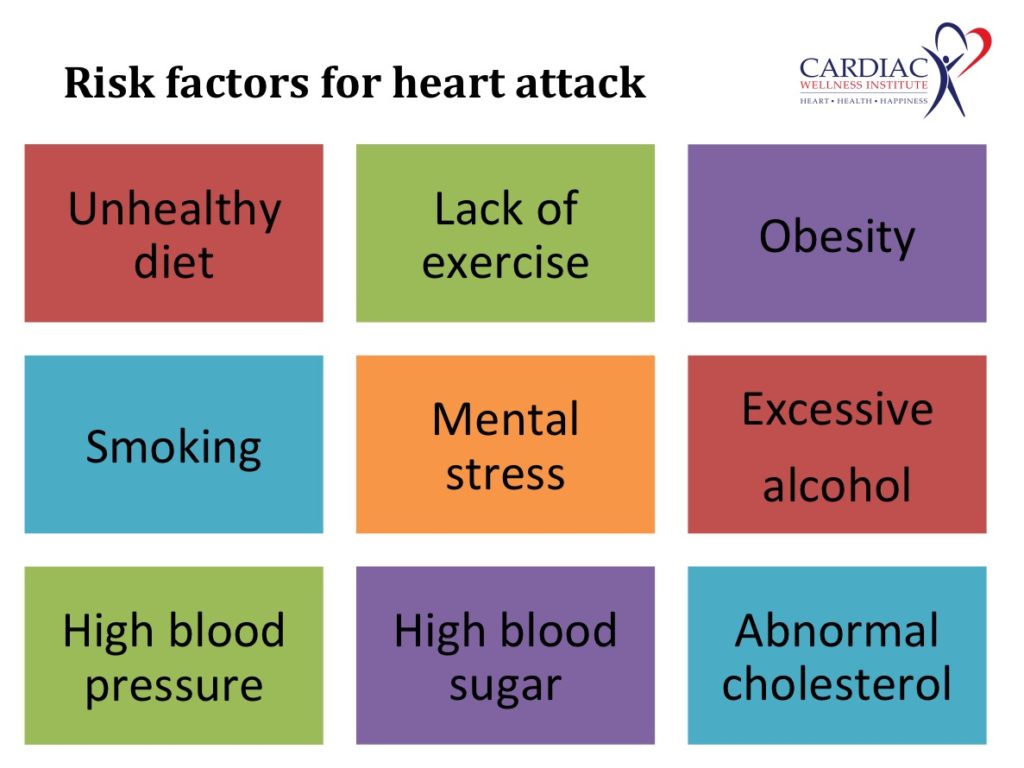Did you know that your mood can affect your food choices? Yes, it is a proven fact. And of course, your food choices can also affect your mood. Nowadays, people are often experiencing symptoms of depression and anxiety like bad mood, irritability, lack of motivation and low energy levels that it becomes difficult to garner the attitude and motivation to make healthy food choices. Instead of opting for the time-tested local produce, we tend to choose convenience and comfort foods at times of stress, depression and anxiety.
Always remember that a healthy diet is important for your mental and emotional well-being and to prevent chronic ailments like depression and anxiety. When you are feeling well, you may find it easier to stick to a healthy diet, which will in turn help you to continue to feel well. On the other hand, bad mood leads to rash and unhealthy food choices which in turn worsen your mental stability.

How food can lift your mood
Enjoying a wide variety of vegetables, fruits, nuts, seeds, wholegrain cereals, legumes, low-fat dairy, lean meat and oily fish are the best way to prevent and improve psychological problems. If you’re eating a healthy well-balanced diet of whole foods that contain a variety of nutrients, you’re more likely to feel calm, be in a better mood and think through workable solutions for your problems.
Some components of these diets that may be important for mental health include:
- Increasing the intake of omega-3 fatty acids, found in fish, flaxseed, chia seeds and walnuts, to help fight off feelings of depression
- Loading your plate with mood-supporting food by eating a rainbow of fruits and vegetable every day
- Sprinkling in magnesium-rich foods such as almonds, spinach, pumpkin seeds and sunflower seeds which support sound sleep
- Including whole grain products such as brown bread, brown rice, oatmeal, millets etc…which are fibre-rich foods and can promote the growth of good gut bacteria known to have a positive effect on mental health
- Adding fermented foods like idli, dosa, kanji, dhokla, curd and cheese in the daily diet can also help the mood component through probiotics
- Eating plenty of dopamine-building foods such as fish, poultry, eggs, leafy greens and legumes will increase your energy level, motivation and prevent depression, forgetfulness, insomnia etc
- Limiting sugars in your diet as much as possible can help prevent abnormal body weight, depression and metabolic syndrome. Including natural sugars daily through whole fruits and root vegetables is an excellent health-promoting behaviour
- Getting enough vitamin D rich foods in your diet is associated with low risk of depression and mood disorders. Vitamin D can be found in fatty fish, dairy products, egg yolks, orange, soy milk and sunshine
- Keeping up your daily water intake is vital to maintain hydration and help you to feel more alert and productive.
How food can lower your mood
Studies show that today’s diet is higher in processed foods with plenty of added salt, sugar and unhealthy fat and can increase the risk of depression and anxiety. If people feel a lack of motivation and energy they find foods such as chips, soft drinks, junk foods, preserved and processed foods. Unfortunately, a diet focused on these types of foods is more likely to aggravate symptoms of depression and anxiety.
- If you aren’t eating at regular intervals and not getting enough calories, you may end up feeling foggy, tired and low in energy
- Skipping meals, particularly breakfast, saps your energy and leaves you in a foul mood throughout the day
- A diet lacking essential vitamins and minerals can cause depression, inability to concentrate and chronic fatigue. Moreover, it disrupts the brain cells and alters mood and behaviour
- Chronic imbalance between the healthy unsaturated fatty acids (MUFA, PUFA) and unhealthy saturated fatty acids, particularly a lack of omega 3 fatty acids in the diet, has been linked to mental health problems
- Habitual consumption of processed foods contribute to a larger waistline, feeling of sluggishness and quite often to insulin resistance and inflammation
Insulin levels: Some processed foods especially those with large amounts of added sugars can cause insulin levels to spike and drop rapidly, causing hunger to occur again fairly quickly.
Inflammation: Chronic inflammation can be a result of a diet that includes a large amount of processed and manufactured foods. This leads to elevated levels of C-reactive protein, which is associated with increased risk of psychological distress and depression.
As a nutritionist, my biggest challenge is to help my clients achieve their cardiovascular and overall health goals by altering their nutritional behaviour slowly but steadily. It is the integrated teamwork of the physician, physiotherapist, counselling psychologist and myself that helps achieve the desired physical and mental wellbeing in all our clients. We help our clients understand that just as heart rate and blood pressure are clear indicators of heart function, mental health, physical activity and dietary patterns are equally important parameters of cardiovascular health.
The take-home message:
- Choosing healthy foods may help you to feel well and happy
- A balanced wholesome diet may help to prevent and improve symptoms of depression and anxiety
- Keeping a regular stock of healthy foods at home and work can help, eg. nuts, raisins, dried fruits etc.
- Consume foods high in fibre to provide a sense of fullness
- Drink fresh water throughout the day
- Watch your alcohol intake

